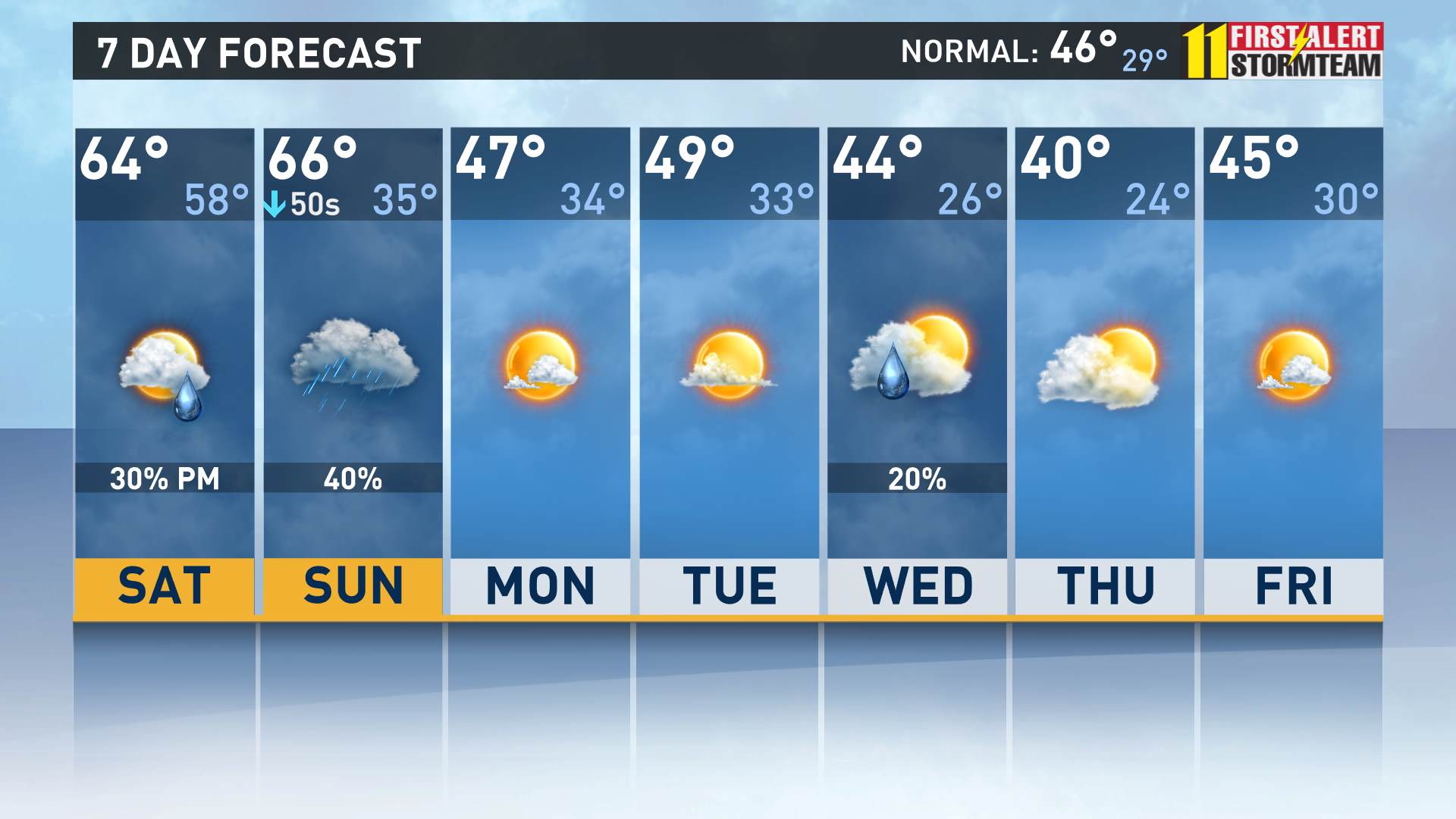Louisville Weather Overview

Louisville, Kentucky, experiences a humid subtropical climate, characterized by hot, humid summers and cold, dry winters. The city’s average temperature ranges from 33°F (0.6°C) in January to 78°F (25.6°C) in July. Precipitation is evenly distributed throughout the year, with an average of 44 inches (112 cm) annually. Humidity levels are typically high, especially during the summer months.
Climate Table, Louisville weather
The following table provides a summary of Louisville’s monthly weather data:
| Month | Avg. Temp. (°F) | Avg. Precipitation (in) | Avg. Humidity (%) |
|---|---|---|---|
| January | 33 | 3.2 | 72 |
| February | 37 | 3.1 | 70 |
| March | 47 | 3.9 | 67 |
| April | 57 | 4.2 | 63 |
| May | 67 | 4.6 | 62 |
| June | 76 | 4.1 | 67 |
| July | 78 | 4.0 | 70 |
| August | 77 | 3.8 | 72 |
| September | 68 | 3.4 | 70 |
| October | 57 | 3.1 | 67 |
| November | 46 | 3.2 | 70 |
| December | 36 | 3.3 | 73 |
Louisville Weather Extremes

Louisville weather – Louisville’s climate is characterized by hot, humid summers and cold, snowy winters. The city experiences a wide range of weather conditions throughout the year, including severe thunderstorms, tornadoes, and floods.
Highest and Lowest Recorded Temperatures
The highest temperature ever recorded in Louisville was 106°F (41°C) on July 14, 1936. The lowest temperature ever recorded was -26°F (-32°C) on January 19, 1994.
Frequency and Severity of Extreme Weather Events
Louisville is located in the central United States, which is known for its severe weather. The city is particularly vulnerable to tornadoes, which can occur at any time of year. Louisville has also experienced several major floods in recent years, including the Great Flood of 1937 and the Ohio River Flood of 2003.
Safety Precautions for Residents During Severe Weather
Residents of Louisville should be prepared for severe weather by taking the following precautions:
- Have a plan for where to go in case of a tornado or flood.
- Keep a battery-powered radio and flashlight on hand.
- Store an emergency kit with food, water, and first aid supplies.
- Be aware of the weather forecast and heed warnings from local officials.
As the skies above Louisville continue to offer a respite from the relentless summer heat, it’s worth keeping an eye on the path of Hurricane Beryl. With its unpredictable nature, tracking its movements is crucial for those in its potential path.
For the latest updates on the hurricane’s trajectory, visit the hurricane beryl path tracker. Once the storm has passed, Louisville residents can look forward to the return of clear skies and the crisp autumn air.
Louisville’s humid summers and chilly winters can be a stark contrast, but the nearby Clarksville weather offers a milder climate. Clarksville experiences slightly warmer summers and less extreme winters, making it an attractive option for those seeking a more temperate environment.
However, Louisville’s vibrant urban atmosphere and diverse cultural offerings make it a compelling choice for those who prefer the excitement of city life.